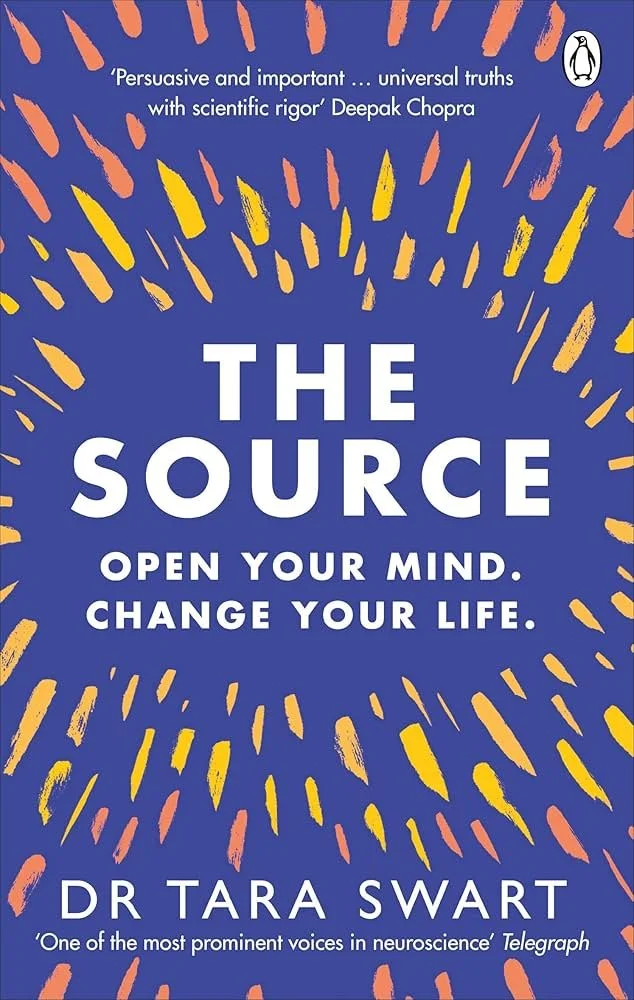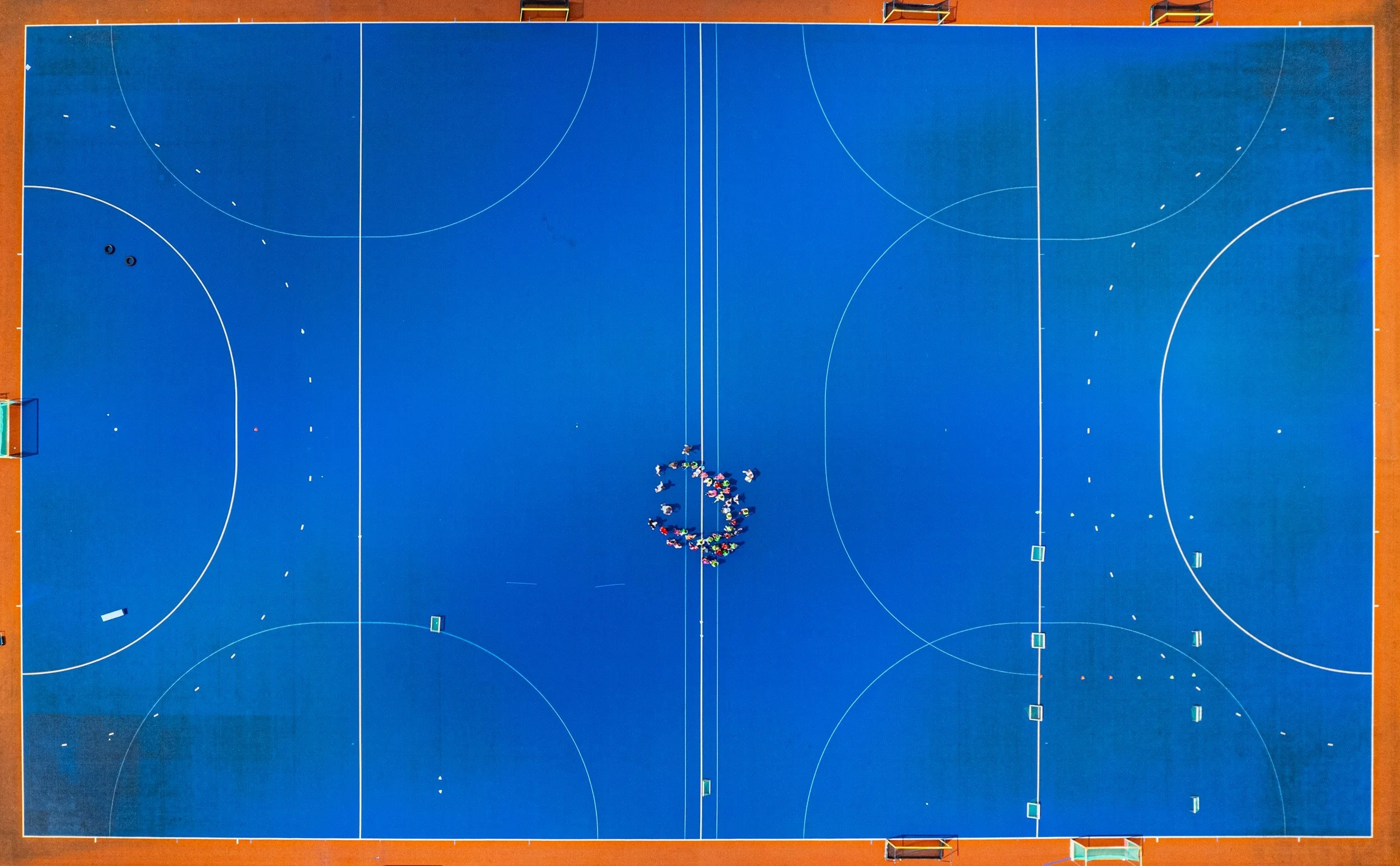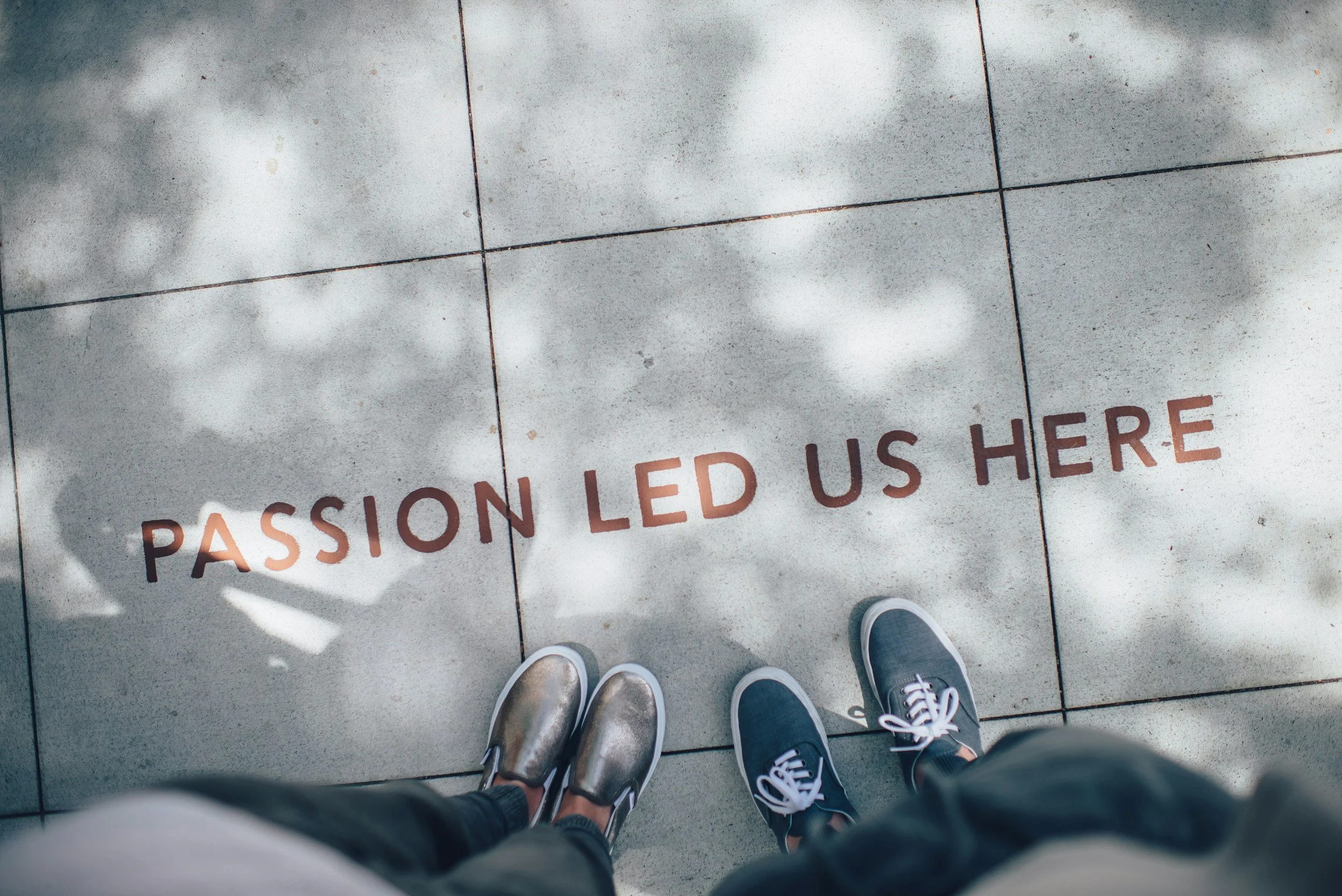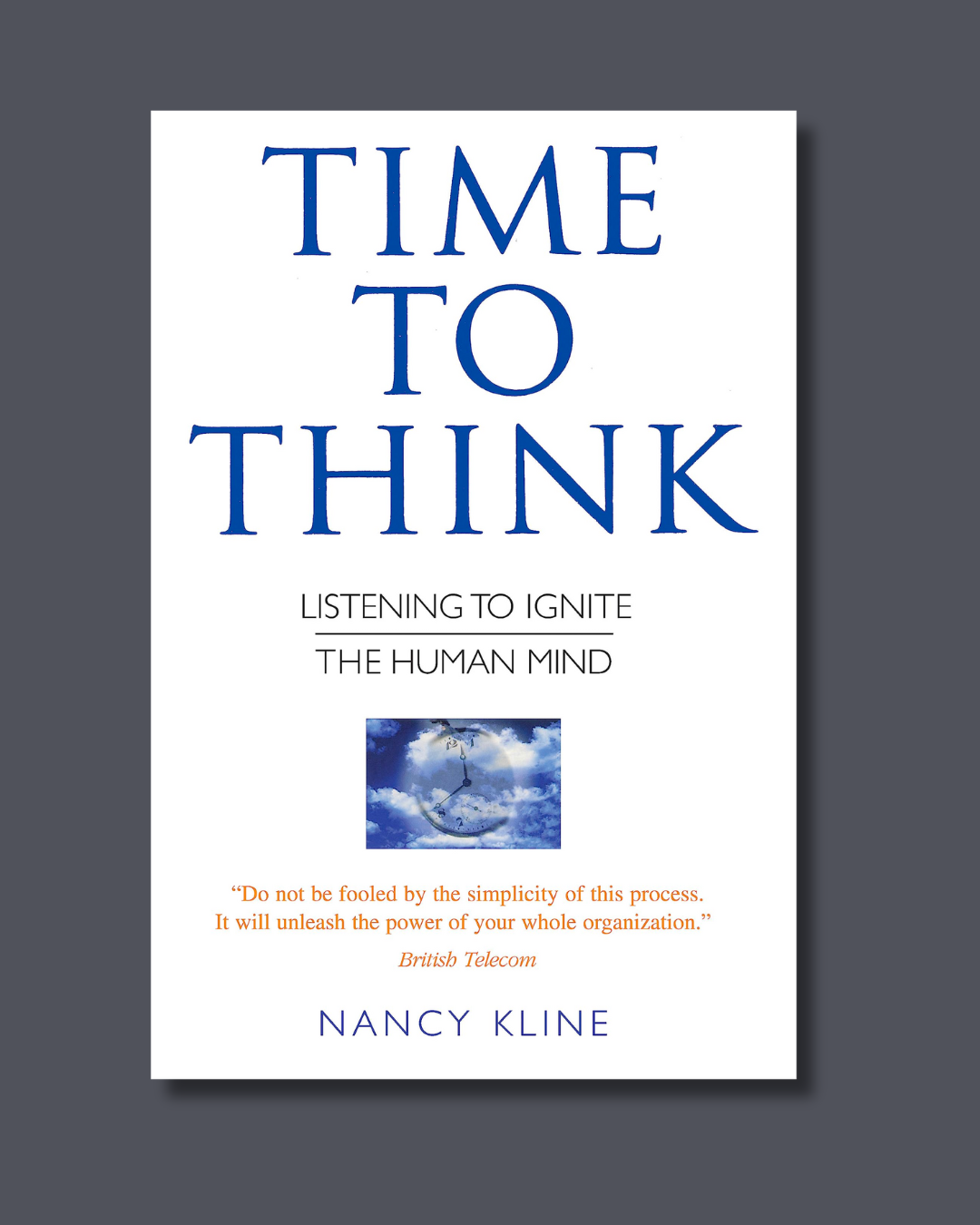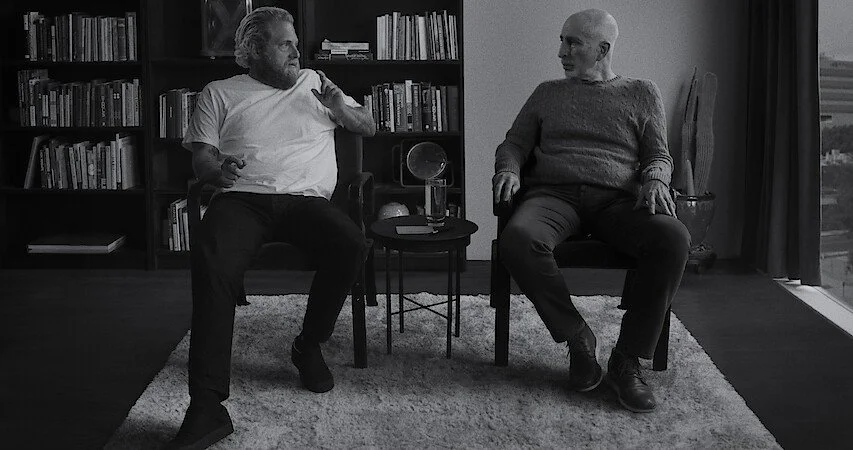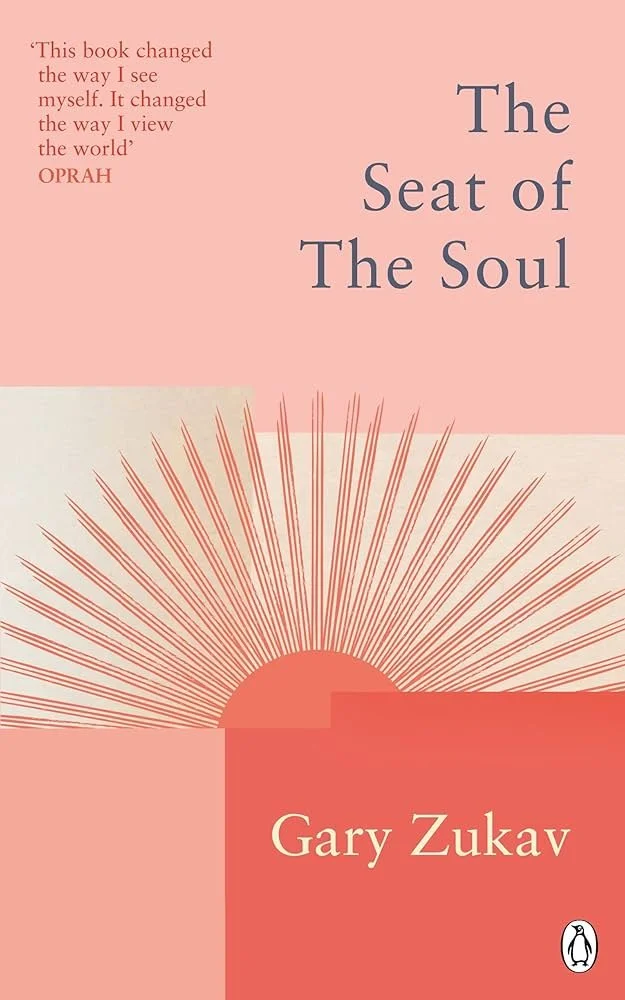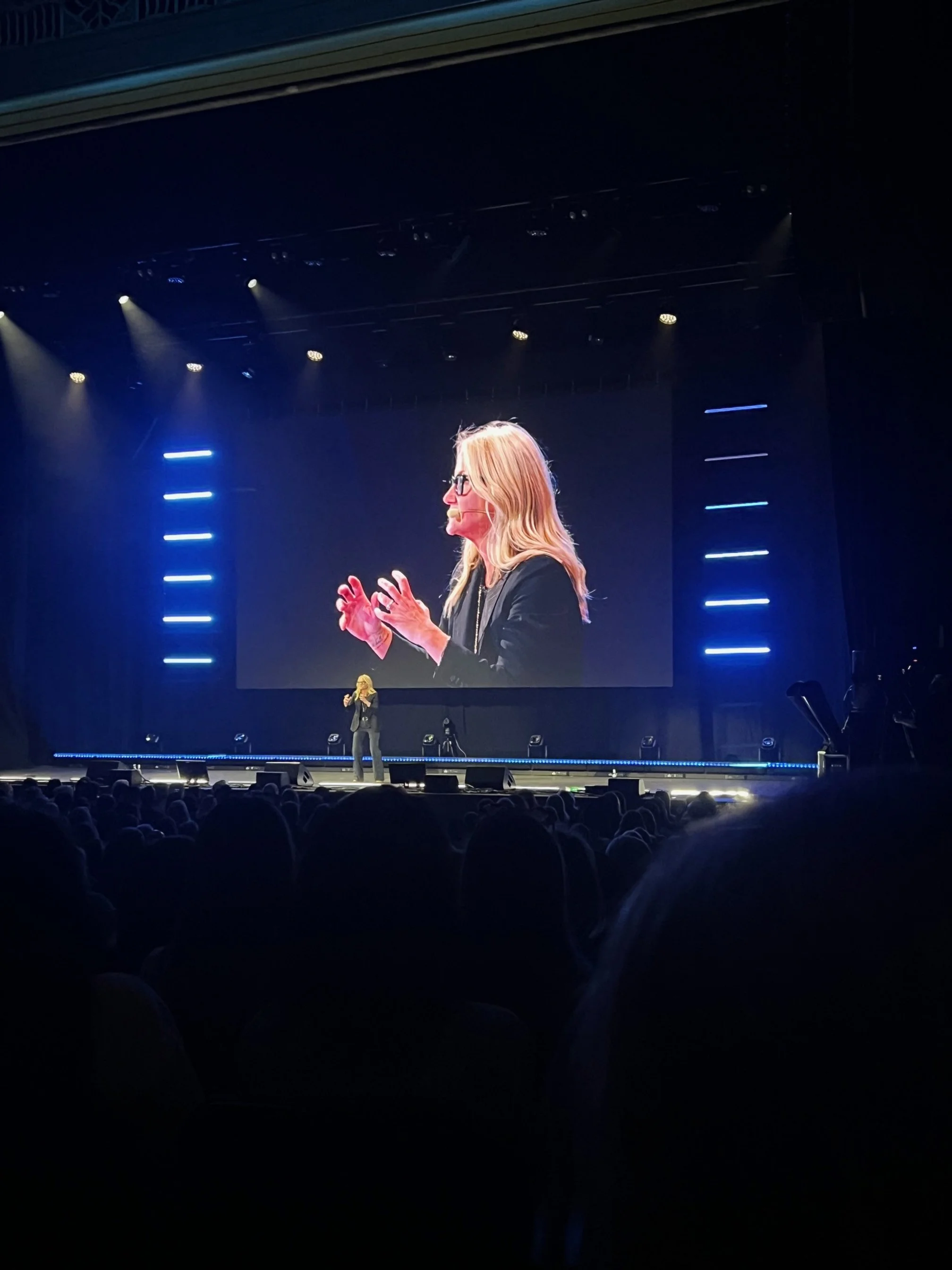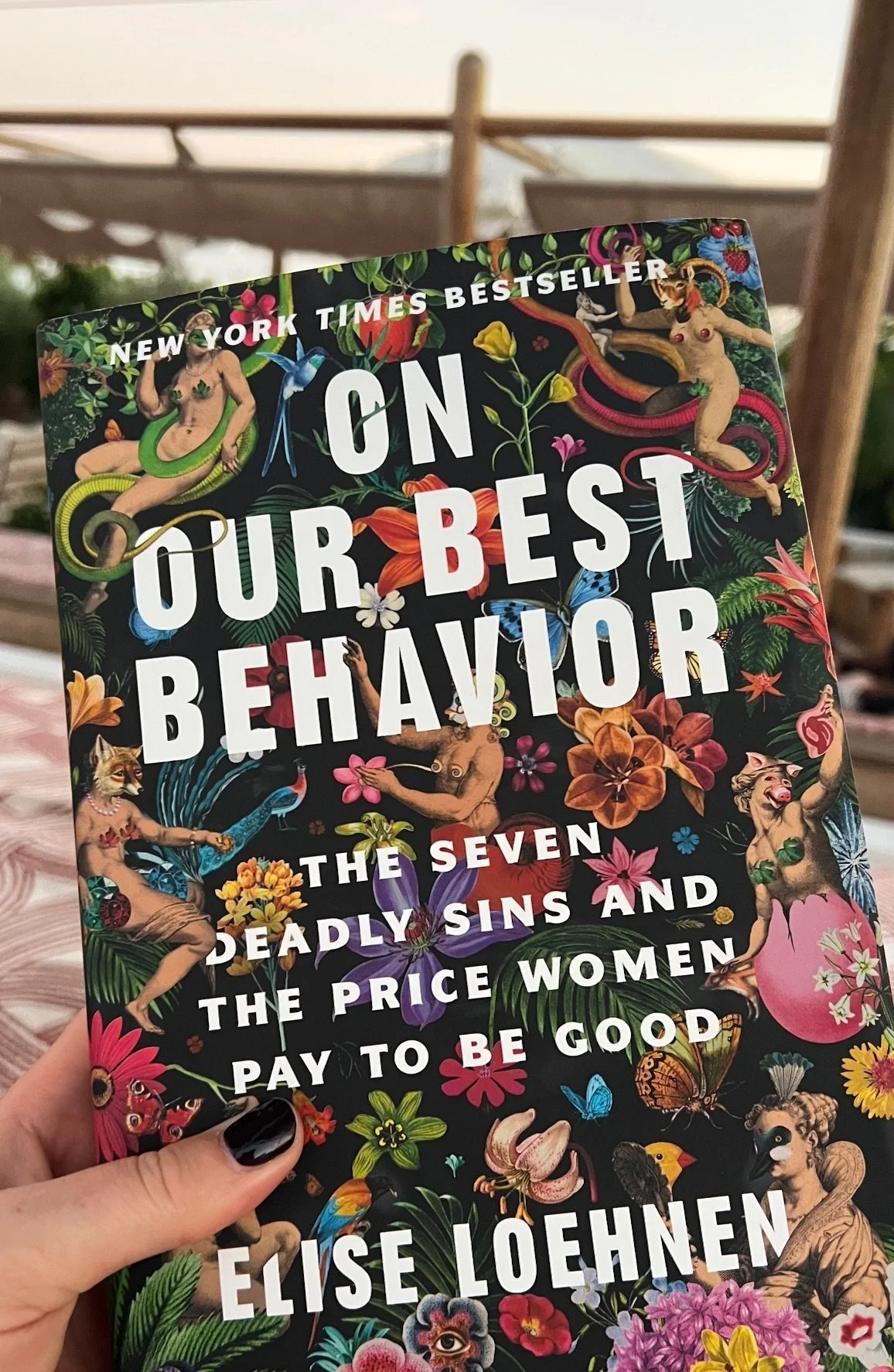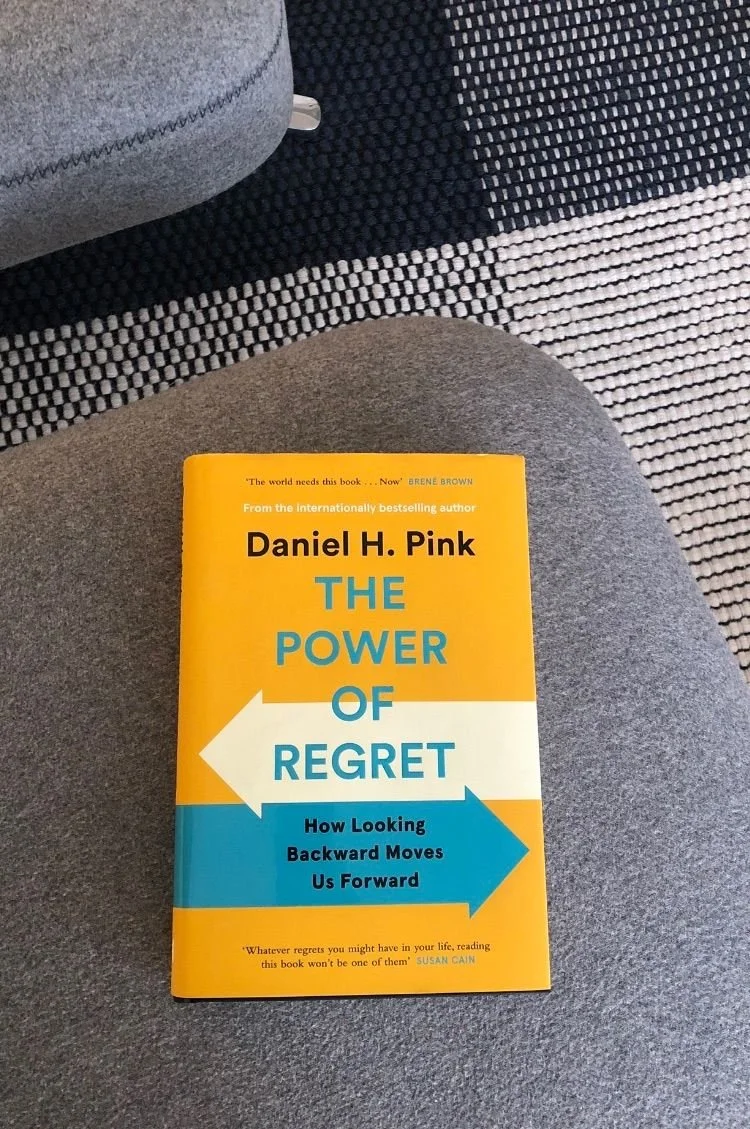
The
edit
A curation of our favourite resources, experts, experiences and events for personal growth — no gatekeeping here.
Our first read of 2026: Dr Tara Swart’s The Source
If you’re interested in neuroscience, leadership, performance, or creating a more intentional life and career — this is a brilliant read and a powerful way to start the year.
We’re kicking off 2026 with Dr Tara Swart’s The Source — and what a place to start.
Dr Tara Swart is a medical doctor specialising in psychiatry, a neuroscientist, and an executive coach. The Source is deeply researched yet incredibly accessible — a practical guide to how our minds work, what holds us back, and how we can create meaningful change in our lives and careers.
This is not a book about wishful thinking or surface-level manifesting. It’s grounded, science-backed, and action-oriented.
What stood out most for us:
The evolution of our brains
We’ve become hyper-logical and disconnected from emotion, intuition, and instinct — favouring productivity, control, and status over depth, connection, and meaning. We’ve stopped being and started endlessly doing, often on autopilot. Artificial Intelligence is the next shake up to the evolution of our brains and bodies.Whole-body intelligence
Rather than pitting head against heart and gut, (the ‘three brains’ we often try to differentiate – or feel like opposing views) The Source explains why our best decisions often come when rational thinking, emotion, and intuition are aligned. This is what law-of-attraction enthusiasts call the “intention point”, and neuroscience fully supports.The alignment crisis
When we’re stuck in roles or situations that drain us, chronic stress and elevated cortisol impact both our wellbeing and performance. Alignment and balance isn’t fluffy — it’s foundational to sustainable success.Bias, fear, and mental shortcuts
Our brains are wired to prioritise thinking about loss and risk twice as much as thinking about positive gain. Swart offers powerful ways to consciously interrupt unhelpful mental patterns.Caring for the brain
From hydration to rest, sleep, joy, and recovery — performance starts with physiology. Even mild dehydration can significantly impair focus, attention and memory.
A key insight that really stayed with us:
Our brains constantly tag present experiences based on past ones, assigning positive or negative meaning through memory. It’s efficient — but it also means we’re wired for assumption and bias.
Without awareness, we end up reacting to the past, not responding to the present.
Swart encourages us to become a watchman of our own minds and challenge this automatic pattern recognition by asking:
What’s different about now?
Is my interpretation of the past situation actually accurate?
Could I view this from another perspective?
This kind of whole-brain reflection helps us counterbalance our thinking — and make decisions that are more conscious, aligned, and intentional.
At its core, The Source reminds us that we’ve become overly biased toward logic when defining success, often at the expense of our deeper needs, intuition, and emotional intelligence.
If you’re interested in neuroscience, leadership, performance, or creating a more intentional life and career — this is a brilliant read and a powerful way to start the year.
We highly recommend adding it to your 2026 reading list.
Don’t let 2026 be a copy-paste of 2025
Most strategies don’t fail because they’re wrong. They fail because no one knows what to do differently on a Monday morning.
Don’t let 2026 be a copy-paste of 2025. To really shift the needle, we need to think — and act — differently.
The start of a new year often comes with a fresh set of strategic objectives.
But how many people across your organisation actually know what they are?
And more importantly — do they understand how to translate those objectives into the decisions, priorities, and behaviours required within their own roles?
This is where strategy so often breaks down.
The Irony of Strategy and Execution
In many organisations, the hurdles appear before we’ve even left the starting blocks:
Budgets are locked in well before strategic objectives are clearly defined, leading to finger-in-the-wind forecasting based on last year’s assumptions
Fast-paced environments, high workloads, and dispersed teams leave little space for true strategic planning or joined-up thinking
Joined-up thinking doesn’t happen by accident — it requires leadership. Without it, teams default to silos
Strategic objectives are often reserved for a select few, shared late in the year, or delivered via a slide deck that creates little traction beyond senior leadership
Managers are expected to ‘set strategy’, yet few are ever given a practical guide on how to do it well
Copy-paste strategy usually looks like this in practice:
The same priorities with new labels.
The same initiatives rebranded.
The same behaviours rewarded — while expecting different outcomes.
The Patterns Are Well-Known
Across many organisations, the same themes appear again and again in culture and engagement surveys:
Lack of role clarity
Limited awareness of company direction and long-term goals
Unclear understanding of strategic priorities
These aren’t just survey results — they’re signals of real friction.
Leaders feel it when strategy doesn’t cascade into meaningful action.
Teams feel it when they’re unsure where to focus their energy.
And organisations feel it when effort becomes scattered instead of aligned.
If You Want to Achieve Something Different, You Have to Do Something Different
The good news? Businesses are richer in data than ever before:
Business intelligence: operational performance, competitor insights, culture and climate surveys, turnover data, talent metrics, etc.
Customer feedback
Team Member feedback
Stakeholder feedback and guidance on priorities
KPIs, goals, and financial performance
Yet how many departments pause to honestly review what’s already available — and use current data to inform decisions — instead of copy-pasting last year’s strategy with a new date on the front?
Research suggests up to 95% of our behaviour is habitual. At work, we default to what’s familiar and easy. Strategy is no different.
If we want to genuinely shift the needle, we need to consciously disrupt the status quo — creating new behaviours, new focus areas, and new objectives.
A simple test I often share with leadership teams is this:
If you never shared your strategy deck again, could each team clearly articulate how the strategy changes their decisions, priorities, and behaviours?
If the answer is no, alignment hasn’t landed yet.
This Matters More Than Ever
This is especially true for organisations navigating transformation, financial pressure, or significant growth.
If nothing changes, nothing changes – and your teams won’t be singing from the same hymn sheet.
Whether you’re setting objectives now or preparing for the next fiscal cycle, investing time upfront to create clarity and alignment is one of the highest-leverage actions you can take.
It’s a genuine game-changer for:
Business performance
Customer experience
Employee engagement
Team retention
2026 shouldn’t just be a repeat of 2025. It should be better — by design.
What would genuinely need to change in your organisation for 2026 to feel meaningfully different?
We run bespoke workshops that help teams move from abstract strategy to clear, shared focus — so energy is aligned, decisions are faster, and priorities are unmistakable. Get in touch to learn more.
Performance Reviews as a Strategic Lever — Not an Annual Chore
It’s that time of year again…
Talent & Performance Review season.
Cue:
– the harsh inner critic in employees
– the quiet panic of time-poor managers
– and the organisational chaos of trying to get everyone neatly reviewed, calibrated and boxed
But what if it doesn’t have to feel like this?
At its core, Talent & Performance review season has three very good intentions:
1. For employees
Dedicated time with their Line Manager to reflect on achievements, challenges, support needs and career aspirations. A moment to take stock of their career capital and set themselves up for future success.
2. For managers
Time to recognise great work, give meaningful feedback, offer guidance, and understand how both they and the organisation can better support their people. This is essential data for shaping a thoughtful talent strategy for the year ahead.
3. For companies
Clean, useful talent data to support workforce planning, merit and bonus decisions, DEI analysis, development investment, risk management and – critically – retention of top talent.
So… what gets in the way? And how do we do this better?
Employees must take ownership of their development.
Performance reviews shouldn’t be something that happens to you. Employees should be just as prepared (if not more so) than their managers – clearly articulating their contribution, being honest about challenges, and thinking intentionally about their progression.
Jobs are a value exchange. Companies are excellent at extracting value for their investment – but employees often forget to ask: How am I building my own career capital here? Approaching reviews from this mindset transforms the conversation into a true partnership.
Managers need to invest time to save time.
A well-prepared, well-run performance conversation pays ten-fold dividends. Trust deepens. Alignment improves. Transparency increases.
Managers can clearly decide what’s needed next – development, stretch, support, or performance improvement – and step fully into their role as leaders and performance maximisers, not just reviewers.
Companies must actually use the data.
Too many organisations treat performance reviews as a tick-box exercise – and then do nothing with the insights.
Your talent data tells a story about the health of your organisation:
– where underperformance needs support
– where managers need help managing performance
– who your consistent high performers are
– who’s at flight risk
– who’s ready for more
– and where DEI patterns deserve attention
If you’re not actively using this data, you’re missing one of the simplest levers for organisational health.
So whether you’re sitting in the seat of employee, Line Manager, or company leader – don’t wish this process away.
If you’re doing it, invest in it. Maximise it for everything it can offer. And use it as a line in the sand to reset good habits – especially regular, high-quality 1:1s throughout the year.
Keep it simple.
Value the conversation above all else.
And use the data to make things better for everyone.
Feeling like your attention span is shrinking? — It’s time to rethink how we think.
In a world where attention spans are shrinking and conversations often skim the surface, Nancy Kline’s Time to Think feels more relevant than ever.
Her core message is simple but profound: the quality of everything we do depends on the quality of the thinking we do first. And that quality of thinking is directly shaped by how well we listen.
Instead of rushing, interrupting, or half-listening while we scroll, Kline reminds us that creating genuine space — without distraction — allows others (and ourselves) to think more deeply, more clearly, and more creatively.
Imagine what could shift in your relationships, work, and life if you truly slowed down, listened fully, and gave others the rare gift of your undivided attention.
If you’re looking for a book that challenges the culture of quick takes and shallow engagement, this one is a powerful place to start.
To change the way we think, we must first change the way we listen.
If there’s a holy grail of mindset work, this book is it.
She was famous for coining the term ‘doing the work’ — and this book has remained one of the best books on mindset work there is.
Byron Katie’s approach is deceptively simple but utterly transformative: by questioning our limiting beliefs, we can reframe them into something more positive, more productive, and far less judgmental.
Instead of trying to control others, we learn to release what isn’t ours to hold.
Instead of getting stuck in negative thought loops, we learn how to challenge them — and set ourselves free.
The result? More peace. More clarity. More energy for the things that truly matter.
Loving What Is gives you the tools to turn your mindset from limiting to liberating.
If you want a book that can shift the way you see your entire life, this is it.
Let’s Talk Coaching.
Thinking About Coaching Accreditation? Here’s a Good Place to Start.
Choosing to study coaching and work toward accreditation with the ICF or EMCC is a big decision. It’s not just about the financial commitment — it’s also the time, energy, and focus you’ll be investing. Before you take that step, it can be reassuring to explore the field and get a feel for whether the journey is right for you.
Books are a brilliant way to do just that. They let you dip your toe into the world of coaching, pick up new perspectives, and even start applying practical tools in your everyday life and career — without the pressure of a formal programme.
With that in mind, we’ve gathered our top recommendations for books that are honest, insightful, and genuinely useful. They’re great companions if you’re already working toward ICF or EMCC accreditation — and just as valuable if you’re still weighing up your options.
Whichever camp you’re in, the time you spend with these books will give you a return far greater than the investment.
Coaching Skills — The definitive guide to being a coach, Jenny Rogers
This one tops our list for good reason. Our founder read it alongside studying for her ICF credential and completing her practitioner hours, and it quickly became the perfect companion.
What stood out was how closely the book mirrored real-life coaching practice — every client scenario she encountered seemed to have a parallel within its pages.
It’s an engaging, highly practical guide that manages to cover (almost) all the essentials in one place — making it a must-have for anyone serious about learning the craft of coaching.
The Art of Coaching — A Handbook of Tips and Tools, Jenny Bird and Sarah Gornall
If you sometimes find yourself running out of fresh ideas for exercises or tools to use with clients or team tembers, this book is a fantastic resource. It lays out a wide range of practical, creative approaches that can easily be adapted to different coaching contexts.
What makes it so useful is the sheer variety—you’ll find techniques to spark reflection, shift perspectives, and help clients move forward in meaningful ways. It’s the kind of book you’ll keep dipping back into whenever you need inspiration for your coaching toolkit.
Becoming A Coach — The Essential ICF Guide, Jonathan Passmore and Tracy Sinclair
If you’re aiming for the highly regarded ICF coaching accreditation, this book is an invaluable guide. It walks you step by step through the ICF core competencies, breaking them down into clear, practical guidance that you can apply straight into your coaching practice.
It’s especially helpful in the run-up to exams — acting as both a reference point and a confidence boost. Think of it as a trusted study partner that keeps you focused on what really matters.
What will you read?
Coaching may not have strict rules or pathways, but that gives you the chance to take charge of your own development. Every book you read, every skill you practice, every lesson you reflect on shapes the kind of coach you become.
Keep learning, stay curious, and keep showing up — not just for your clients, but for yourself too.
Stutz — on Netflix
Every so often a documentary comes along that does more than just tell a story—it holds up a mirror to the human experience.
Stutz, directed by Jonah Hill, is one of those rare films. It’s a candid exploration of mental health, the therapeutic process, and the tools we all need to navigate life’s inevitable challenges.
What makes it compelling isn’t just the intimacy between filmmaker and therapist — with Hill literally turning the tables on his own therapist — but the clarity with which Stutz shares his frameworks. He transforms complex ideas into accessible, actionable tools — something that feels especially relevant for people navigating everyday life in uncertain times. And we love his tiny sketches — IYKYK.
With an incredible client list of people like Johan Hill and Gwenyth Paltrow, Stutz has been the go-to therapist for many conventionally ‘successful’ people — who hold him in high regard.
For anyone serious about growth — whether personal or professional — Stutz is essential viewing. It’s not just a film about therapy; it’s a film about living well.
An Evening With Gary Zukav — An Inspiring Journey Toward Authentic Power
One of our favourite authors and thought leaders on topics like manifestation, spirituality, authenticity and living with intention — is coming to London this October.
But don’t just take our word for it — you can take Oprah’s too. Gary Zukav has appeared on The Oprah Winfrey Show more than 30 times to discuss the concepts presented in his book The Seat of the Soul — one of Oprah’s self-declared favourite reads. Such a favourite of hers — she even wrote the preface for the book.
“This book changed the way I see myself. It changed the way I view the whole world.”
— Oprah Winfrey
Gary has written four consecutive New York Times Best Sellers, and is a powerhouse of timeless wisdom. Here’s when, where and how you can see him:
An Evening With Gary Zukav — An Inspiring Journey Toward Authentic Power
23rd October 2025, The Tabernacle, London
Tickets can be booked through the TCCHE website.
www.tcche.org/
“Your intentions create the reality that you experience.
Until you become aware of this, it happens unconsciously.
Therefore, be mindful of what you project.
That is the first step toward authentic power.”
— Gary Zukav
The 3 Things You're Trying to Avoid — That Are Actually Blocking Your Potential
True and False Magic, a masterpiece by Phil Stutz
Hey, it’s Jacqui here! Over the weekend I read a phenomenal book called 'True and False Magic' by Phil Stutz — a world-renowned psychiatrist who specialises in offering unconventional “tools” to help navigate the human condition.
One of those tools is a framework that really stayed with me, because it’s so relevant to the many career conversations I’ve been having with people lately — particularly those feeling misaligned.
Stutz suggests that most of us are held back from fulfilling our potential because we’re doing everything we can to avoid three unavoidable things in life:
1. Pain
2. Uncertainty
3. The need for constant work
If you think about something you feel called to do — something that tugs at you, but that you haven’t yet acted on — chances are, you’re avoiding it because you’re trying to dodge at least one of these.
1. Pain
Anything outside our comfort zone is, by definition, uncomfortable. But discomfort is the phase before achievement. Whether it’s showing up on social media more, pivoting careers with a pay cut, or having the tough conversation — the pain of stepping forward is the cost of growth.
Stutz calls this “eating the death cookie” — choosing to embrace discomfort in order to let go of an old version of yourself, and re-birth a more capable one.
2. Uncertainty
We often want certainty before we commit: proof that the decision is right, that it’ll work, that we won’t fail. But certainty doesn’t come first — it comes after you take the leap.
Intuition often doesn’t feel rational or predictable, which is why we tend to outsource decisions — to AI, mentors, horoscopes, psychics — anything that gives us a sense of confirmation. But following intuition means stepping into the unknown, and trusting that you’ll build the path as you go. Faith is the antidote to uncertainty.
3. The Need for Constant Work
Most people don’t talk about how unrelenting real transformation is. There is no shortcut, no single moment of breakthrough that takes the place of doing the real work. Whether you’re building something new, reinventing yourself, or choosing a different path — the work doesn’t stop. And that’s the point. We search for ease, but ease doesn’t build anything. Consistent, often thankless effort is the magic.
And so here’s the real question:
Which of the three unavoidables are you trying to avoid right now, that are preventing you from fulfilling your potential?
Is it pain? Uncertainty? The need for constant work?
Because these are the things designed to keep you trapped in your comfort zone. But the opportunities waiting on the other side are infinite. And the irony is that we will be experiencing all three, whilst we are trying to avoid all three. So it’s actually all just an illusion — which is why no matter what we do — they’re the three unavoidables of life.
This share is just the tip of the iceberg of this incredible book — I highly recommend the read.
“Stutz calls this “eating the death cookie” — choosing to embrace discomfort in order to let go of an old version of yourself, and re-birth a more capable one.”
Mel Robbins — ‘Let Them’ tour in London.
This month we had the opportunity to experience Mel Robbins' Let Them tour in London.
Here’s an overview of the core messages of the evening:
— The concept of Let Them is about letting go of control. Instead of spending our energy trying to fix, change, or manage other people, she encouraged us to accept others as they are — and focus instead on how we choose to live, respond, and protect our peace. It’s about setting boundaries based on reality, not potential, and reclaiming our freedom to live intentionally.
— The evening centred around the theme: “This Is The Year I…” a reminder of the power of goal-setting and focused intention — and that whilst it’s a simple and familiar concept, so many people do not set goals, hold a long-term vision for their lives, or take purposeful action each day in an intentional direction.
— In a world full of distractions, we’re often unknowingly draining our time and energy on two major things: other people vying for our attention, and our phones. Mel challenged us to be more conscious about who and what has access to our attention — reinforcing that if we don't guard it, the world will consume it for us.
— With so much happening in the world right now, Mel reflected on how it's easy to believe that a bad few months (or even years) means you’re headed for a bad life — but that’s simply not true. It was a reminder to zoom out, maintain perspective, and remember that life is long if we're lucky. There’s still so much we can build, create, and experience in the time ahead - we have just got to start.
— We often overthink ourselves into procrastination, self-doubt, and delay — and her simple 5 Second Rule (count down from 5 and take action) can snap us out of hesitation and into action. She believes that motivation is complete nonsense and that the only way to build motivation is to take action.
The messaging was extremely simple and basic, but I suppose that was her ultimate point — it’s not that complicated, no one is coming, and we have to create the life and career we want for ourselves or it will never happen. It all starts by setting goals, taking action and prioritising ourselves.
'Let Them' is on track to become the most successful Self Help book of all time, and Mel currently has the No.1 podcast in the world.
On Our Best Behaviour: The Seven Deadly Sins and The Price Women Pay to Be Good — Elise Loehnen’s Salve for the Soul
If you are an avid fan of Goop like us, you will likely be very familiar with the talents of Elise Loehnen. Loehnen was Gwenyth Paltrow’s right hand woman in building the Goop empire, and she became even more familiar as the host of the Goop podcast, and a key person in the Goop Netflix series.
Since leaving Goop, she has launched her own podcast ‘Pulling the Thread’ (highly recommend) and has also made her debut as an author of her first book. Although it’s worth noting that Loehnen is no stranger to the literary world, having worked as a ghost writer for many successful books already.
In this book, Loehnen challenges the old and outdated societal pressures and standards placed on women in today’s society. She draws synergies between the archaic Seven Deadly Sins, and how they still somehow dictate the way a woman must behave in society, if they want to be perceived as ‘good’. Shattering this unfair and patriarchal paradigm, Elise reminds us that these sins may indeed be exactly what we need to embrace, if we are to thrive — reframing each one as a positive call for realignment within each of us, if we are to be truly good for ourselves.
SLOTH: Believing Sloth to be sinful, we deny ourselves rest.
ENVY: Believing Envy to be sinful, we deny our own wanting
PRIDE: Believing pride to be sinful, we deny our own talents
GLUTTONY: Believing gluttony to be sinful, we deny our own hunger
GREED: Believing Greed to be sinful, we deny our own security
LUST: Believing lust to be sinful, we deny our own pleasure
ANGER: Believing anger to be sinful, we deny our own needs
+ SADNESS: Believing sadness to be sinful, we deny our own feelings
Intelligently and honestly written, and full of personal anecdotes which are sure to strike resonance with many people — we highly recommend.
The Power of Regret — Modern Day FOMO by
Dan Pink
“Regret is one of the heaviest emotions to carry as a human - we must learn self-compassion for ourselves, and compassion for others. Everyone makes mistakes.”
Recently we had the privilege of listening to best-selling author Dan Pink speak at the Dean Street Townhouse about his new book ‘The Power of Regret.’
Since then the boon team have read his book, so we thought we’d share our four biggest take-aways — and perhaps encourage you to read the book too!
1. Regrets can only be self-accountable; they are the result of our own actions, choices and behaviours. If someone else has done something regrettable to us — we can only be disappointed, we can’t be regretful. Regret is one of the heaviest emotions to carry as a human — we must learn self-compassion for ourselves, and compassion for others. Everyone makes mistakes.
2. After collating the regrets of over 16,000 people, Dan Pink discovered that our regrets fell into four key categories:
a) Foundation Regrets: The regrets we might have about taking or not taking action on areas that affect the very foundations of our lives today; namely around education/career, finances and health.
Sounds like: “If only I’d done the work”
The human need it reveals in us: Stability
b) Boldness Regrets: Regretting the actions we didn’t take; we weren’t bold enough to go after what really mattered to us.
Sounds like: “If only I’d taken the risk”
The human need it reveals in us: Growth
c) Moral Regrets: Acting out of alignment with our values and not being the good person we wanted to be.
Sounds like: “If only I’d done the right thing”
The human need it reveals in us: Goodness
d) Connection regrets: Fractured or unrealised relationships, friendships, partnerships or family ties.
Sounds like: “If only I’d reached out”
The human need it reveals in us: Love
3. We are far more likely to regret the things we didn’t do (missed opportunities), than the things we did do — and the statistics of regretting inaction only gets larger the older we get. We regret not living up to our own expectations of ourselves more than anything else.
4. The way forward:
Regrets make us feel worse today so that we can do better tomorrow.
They are encouraging us to have a bias for action in those areas of our lives today.
Anticipating regret can be a useful strategy in making better decisions today.
Rocket ship yourself into the future (5 / 10 years time) — will you regret your inaction today in any of the big four areas of your life? (foundation, boldness, moral, connection)
What action can you take today to ensure this does not happen?

